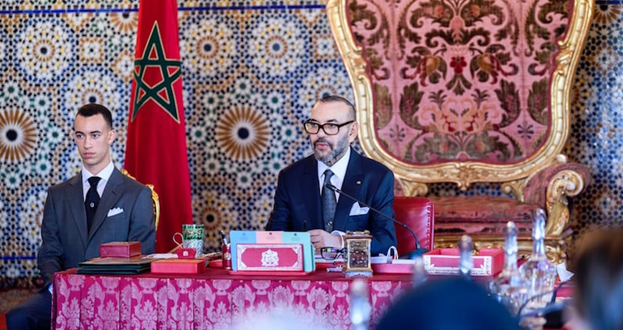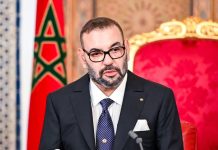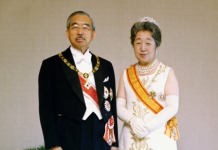Rabat — His Majesty King Mohammed VI chaired a landmark Council of Ministers at the Royal Palace in Rabat, during which the 2026 Finance Bill was adopted — a blueprint that embodies Morocco’s renewed commitment to human-centered development and social justice.
According to the Royal Office, the 2026 Finance Bill carries strong political, economic, and moral messages, reflecting the Kingdom’s determination to restore public trust, strengthen human development, and build a future rooted in dignity, equity, and opportunity.
Under the direct guidance of His Majesty, the Council approved an unprecedented $15 billion allocation for the education and health sectors, alongside the creation of 27,000 new jobs. This bold initiative underscores a clear royal vision: that Morocco’s greatest investment is not in infrastructure or numbers, but in its people — the cornerstone of national progress and cohesion.
In a world increasingly defined by uncertainty, economic crises, and geopolitical tensions, Morocco, under the leadership of King Mohammed VI, has chosen a different path. While many nations are cutting social expenditures, Morocco has taken a courageous and visionary step — expanding its investment in human capital, even amid limited financial resources.
This policy choice reaffirms the King’s strategic doctrine: development is not measured merely by GDP or fiscal balance sheets, but by the quality of life, dignity, and opportunity afforded to every citizen.
When compared to major economies such as France, Spain, or Italy — nations with GDPs surpassing one trillion dollars — Morocco’s proportional commitment to social investment stands out as a model of inclusive governance and moral leadership.
The creation of 27,000 jobs in the education and healthcare sectors represents not only an economic measure but also a national message of faith in Morocco’s youth — an invitation for them to take their rightful place in shaping the nation’s future. It aligns with His Majesty’s consistent call for youth empowerment, civic engagement, and a revitalized public service ethos rooted in efficiency and compassion.
King Mohammed VI’s governance philosophy remains clear: building the future requires action, not rhetoric. The 2026 Finance Bill is thus more than a technical framework — it is a manifesto of renewal, translating the royal vision into tangible, people-focused outcomes. It reinforces the foundations of a modern social state — one that protects, empowers, and uplifts its citizens.
The true test now lies in implementation — ensuring that financial resources are effectively managed and channeled toward impactful projects that transform the lives of ordinary Moroccans. Citizens aspire to see the fruit of these royal directives: a quality public school, a compassionate hospital, and dignified employment that guarantees family stability and social mobility.
Ultimately, the 2026 Finance Bill represents a new chapter of national confidence and hope. It reaffirms that under the visionary leadership of His Majesty King Mohammed VI, Morocco continues to chart its own path — a path of justice, equal opportunity, and human investment — proving once again that the true wealth of a nation lies not in its treasury, but in the strength and dignity of its people.
BY: The Times Union







